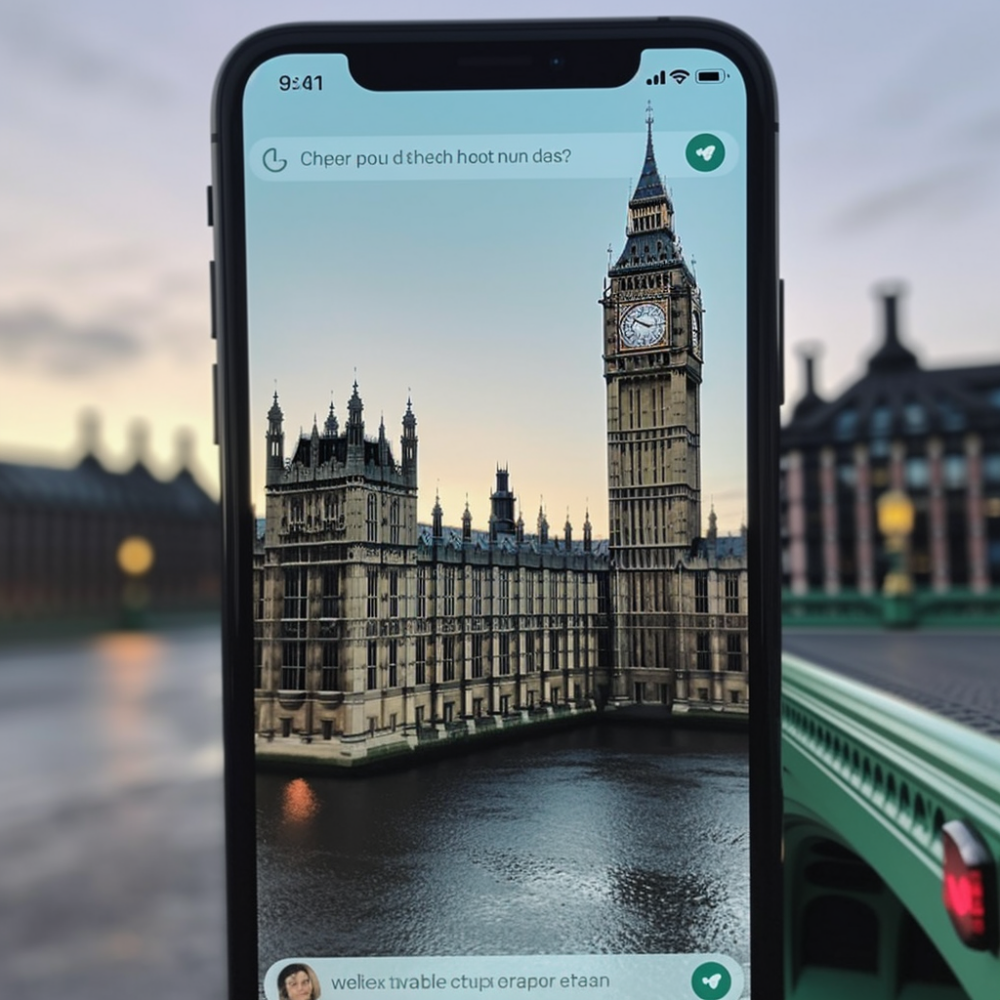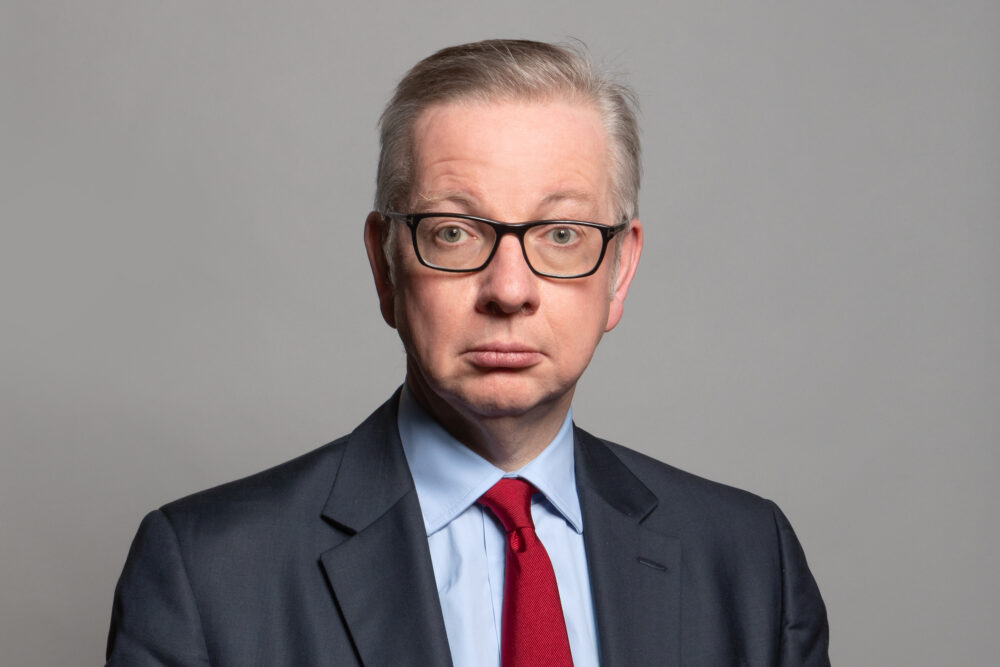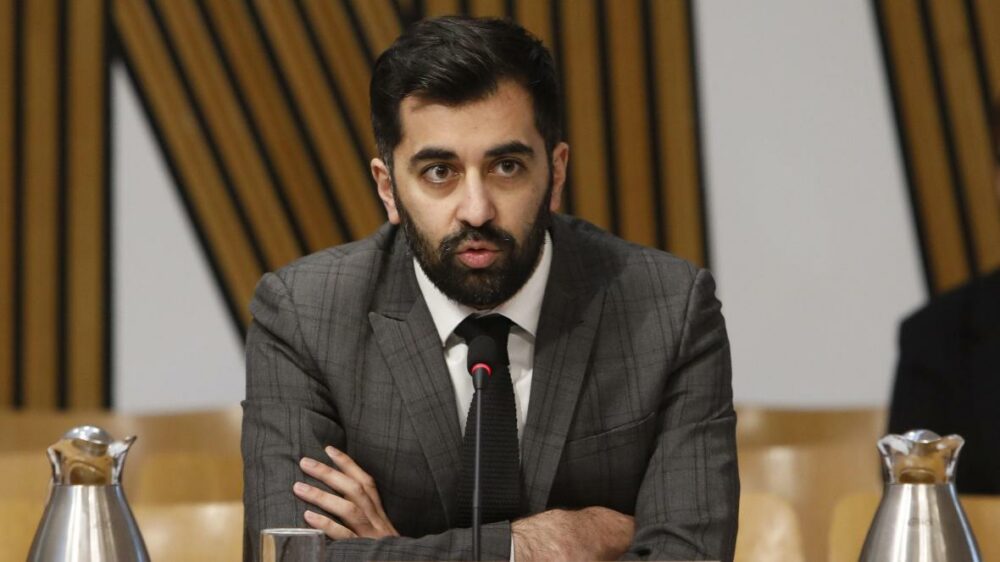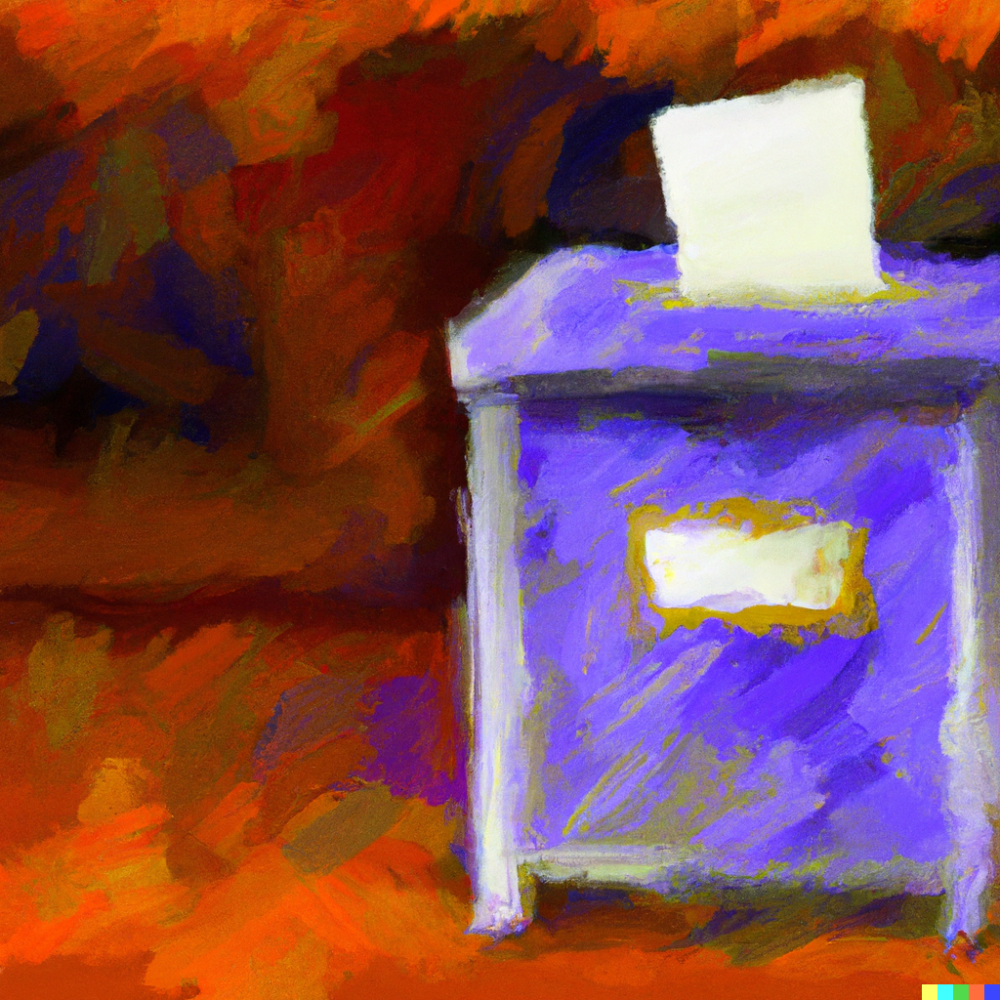We’re so lucky

I sometimes have reflective moments when I wonder whether I’m too critical of politicians: after all, I wouldn’t want to be one, so it seems a bit petulant to be critical of those who do step forward.
It’s in that spirit that I’m choosing to assume that Grant Shapps is genuinely the best person in the country to have held no fewer than five Cabinet positions in the last twelve months:
- Secretary of State for Transport
- Home Secretary
- Secretary of State for Business, Energy and Industrial Strategy
- Secretary of State for Energy Security and Net Zero
- Secretary of State for Defence
There may be those who say he is the ‘Minister for the Today Programme’, a useful mouthpiece who will repeat whatever lines he is given while in front of a microphone. He is, they say, being promoted in a ‘jobs for friends’ culture of rewarding loyalty.
I’m choosing not to believe that. I’m choosing to believe that he is a multi-talented superstar politician able to turn his hand to anything from boats to power stations to aircraft carriers as the moment demands.
Our nation is lucky to have him.
This post was filed under: Politics, Post-a-day 2023, Grant Shapps.








